In the 2025 high school graduation exam, Hanoi witnessed the rise of many private schools in the achievement rankings. Not only appearing in the math, literature, and foreign language rankings, private schools also dominated subjects that have long been considered secondary. For example, Vinschool was in the top 15 for geography and history, Olympia High School was in the group of 11 leading schools for economics and law education...
Notably, these are all internationally oriented schools.
A Deep Learning workshop held in Hanoi, gathering about 500 high school teachers nationwide, partly explained the above results.
In it, teachers - including those teaching “secondary subjects” - shared how to use their subjects to nurture cultural identity, preserve indigenous heritage and equip students with the capacity to integrate internationally.
Teaching geography and history starts with a lychee and Hoa Minzy's MV
The discussion session on history and geography attracted the attention of many teachers. Speaker Vu Thi Loan - Head of History and Geography Department at Olympia High School - held a plate of lychees in her hand, invited teachers to enjoy it, and asked the question: From a lychee, what questions can teachers ask related to their subject?
The audience immediately buzzed with ideas: In what climate conditions does this fruit grow? In which literary works and characters has this fruit appeared? Is there a famous historical case related to this lychee? What does the color of the lychee evoke? Why does eating a lot of lychee cause acne?...
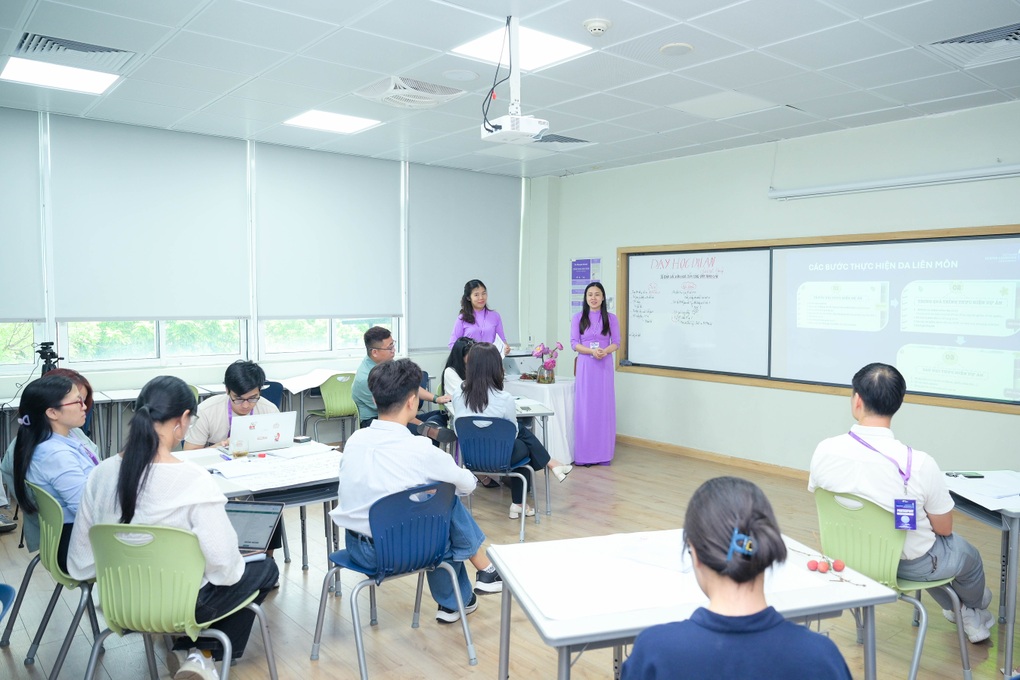
Ms. Vu Thi Loan, Head of History - Geography Department, Olympia High School - at the discussion session on in-depth study of history - geography (Photo: Trang Nguyen)
From the interesting start, Ms. Vu Thi Loan emphasized: With a small lychee, teachers can simultaneously pose two problems about geography and history, and can also expand interdisciplinary knowledge to literature, fine arts, and chemistry.
Teaching geography and history can start with a lychee, something very small, simple and closest to students. That is also one of the ways to teach deeply and learn deeply.
To clarify the theory of deep learning, Ms. Loan used the example of primary school students in Finland learning about climate. Instead of teaching basic knowledge first, teachers give topics and let students research on their own.
During this process, students encounter problems beyond their understanding and need expert support. The school creates conditions for them to discuss with experts, thereby proposing solutions and presenting research results at academic reporting sessions.
This approach shows that students, even at primary level, can still learn and solve practical problems on their own if properly empowered and guided.
Another example comes from Olympia School itself in the "Conquering History and Geography" contest. Students were asked to decode a pop culture phenomenon - the MV "Bac Bling" by singer Hoa Minzy.
Students must recognize the cultural and historical signs included in the MV and answer three questions: Why does the MV attract Vietnamese youth? Does the MV change the way young people view traditional culture? If you were a cultural speaker, what would you do to preserve and spread national cultural identity in the digital age?
“From a well-known music product, students embark on a deeper exploration – about culture, about media thinking, and about civic responsibility towards national culture. That is deep learning,” Ms. Loan said.
Teaching history and geography in a way that makes students feel proud of their cultural identity and think like global citizens is not easy. Teachers must design interdisciplinary learning projects so that students not only learn but also “live” history and geography in an authentic and connected way.
To do so, the classroom must go beyond the four walls, students must be allowed to experience and make mistakes.
This requires investment resources and a creative, open educational spirit from schools, where each teacher is given the opportunity to practice and experiment many times with effective learning methods.
That is also the advantage of the private education environment.
Deep teaching is not a burden of innovation
Not only geography or history, most subjects in the 2018 general education program are designed by teachers in the form of project-based learning.
Such as the model of the National Assembly session Virtual Parliament - Real Intelligence of the subject of economic and legal education; connecting emotions and society through folk games of the subject of physical education; appreciating music through Vietnamese folk songs of the subject of music; organizing exhibitions and auctioning products of the subject of fine arts; making digital films of the subject of information technology...

Teachers exchange expertise in a math in-depth discussion session (Photo: Trang Nguyen).
Mr. Nguyen Van Thao, physical education teacher and Team Leader at Hanoi Thang Long Education System, was impressed by his colleagues' sharing on how to exploit the potential of social-emotional education in Physical Education.
“Through group activities using folk games, students not only practice physical training but also learn how to cooperate, share, handle conflicts and express positive emotions. Folk games become a tool to connect people, help the classroom become closer, more connected and filled with laughter, while at the same time arousing traditional cultural values.
“I had never approached or known about the “deep learning” model in my field before. Through the workshop, I found this method very interesting and can be applied to teaching students at school,” Mr. Thao shared.
Deep learning is not an “innovation burden” but an inspiring journey – where teachers, students, and communities learn and grow together.
In the context of education constantly changing to meet the demands of the global era, nurturing deep learning capacity, critical thinking and adaptability becomes the core mission of schools.
Stanford University PhD Nguyen Chi Hieu concluded: “Deep learning goes beyond memorizing facts and procedures; instead, students need to understand when, how, and why to apply what they learn.”
Teachers also agree that change in education must start with the teacher and each lesson. A deep learning community to support teachers in developing their capacity is a way to spread the spirit of innovation in education, beyond the public-private boundary.
Initiated in 2025 by Olympia High School, the Vietnam Deep Learning Conference will be held annually with the expectation of becoming a space for connecting expertise, practicing liberal education and inspiring pedagogical innovation.
Source: https://dantri.com.vn/giao-duc/cac-truong-tu-dang-day-mon-phu-nhu-the-nao-20250726192447595.htm







![[Photo] Closing of the 14th Conference of the 13th Party Central Committee](https://vphoto.vietnam.vn/thumb/1200x675/vietnam/resource/IMAGE/2025/11/06/1762404919012_a1-bnd-5975-5183-jpg.webp)
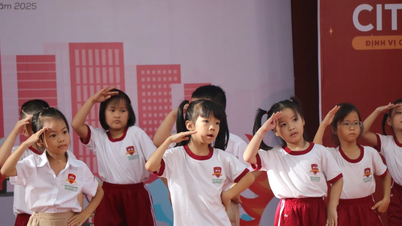

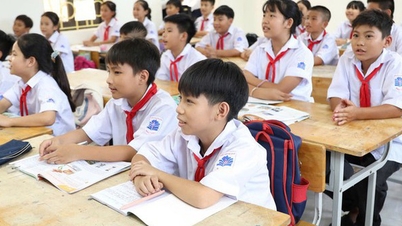

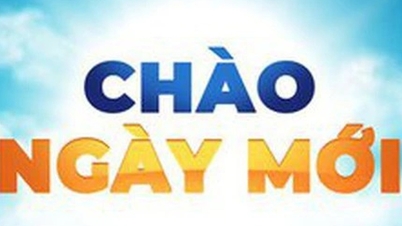







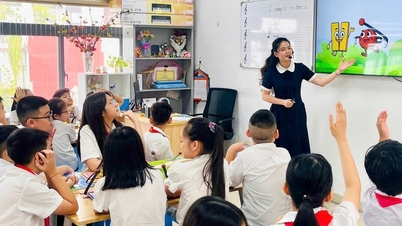
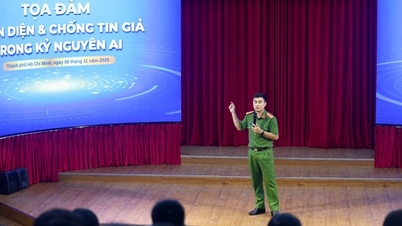

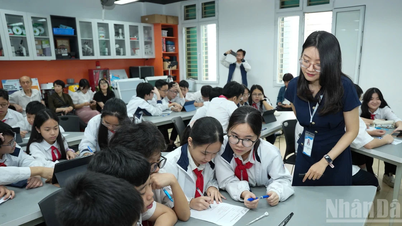

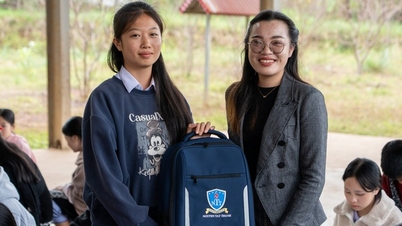
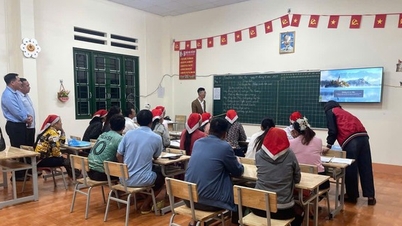





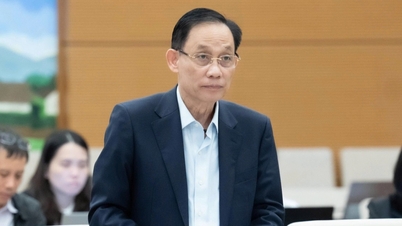
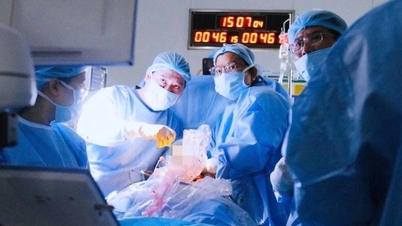
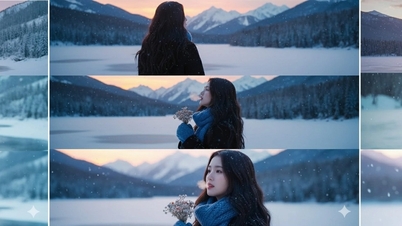


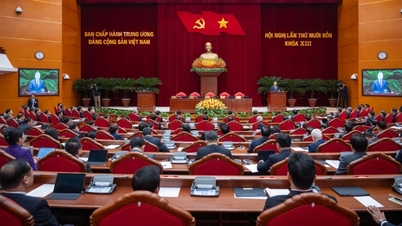




































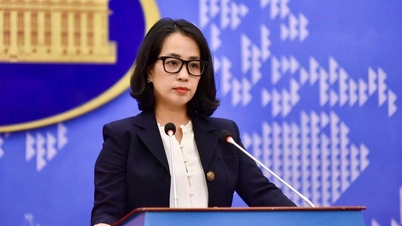
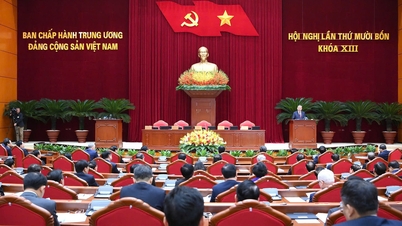
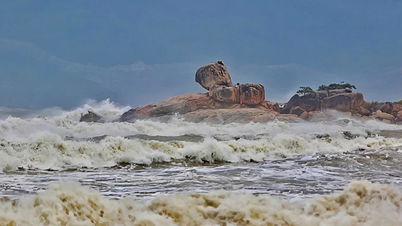
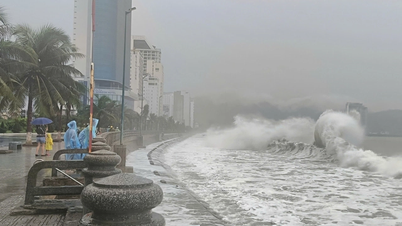
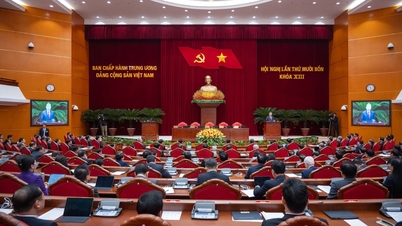





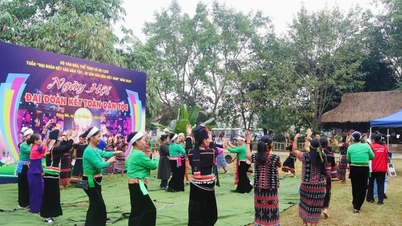
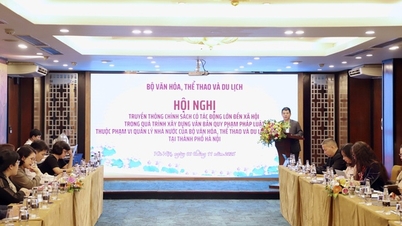
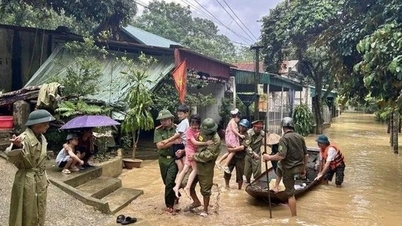




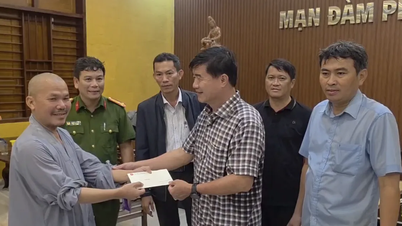














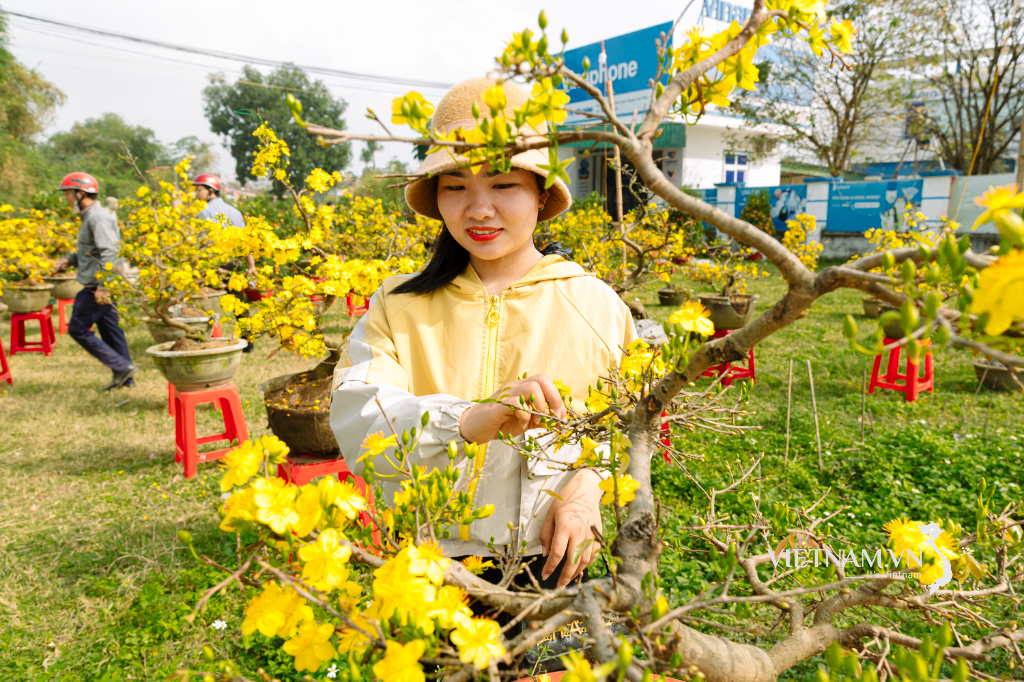



Comment (0)